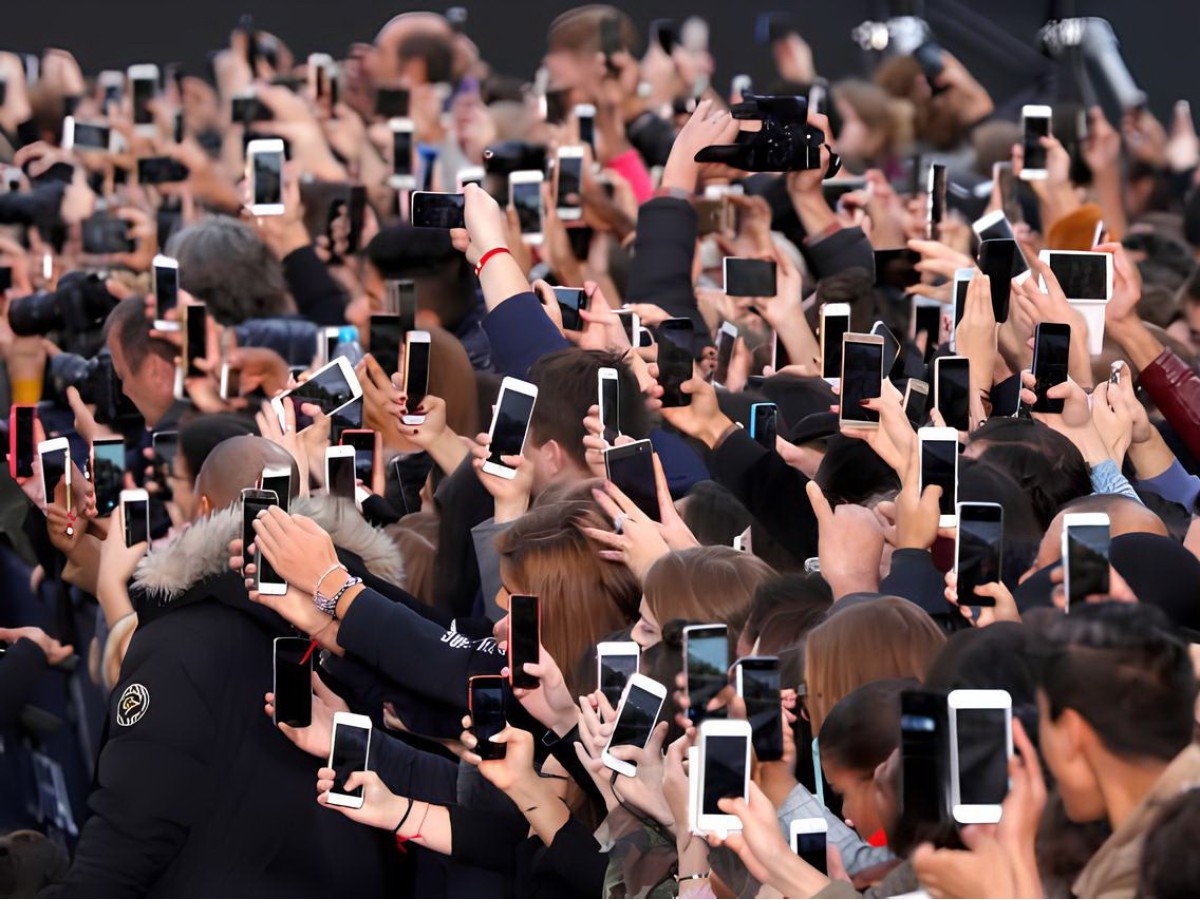
In today’s hyper-connected world, smartphones have become an extension of ourselves. You’ve seen them everywhere — people with smartphones crossing busy streets, stepping off curbs, or weaving through crowds with their eyes locked on their screens. They’re called "smartphone zombie" or "smombie," and chances are, you’ve been one too. It might seem harmless, even funny, but walking around in a digital daze comes with serious risks.
Let’s face it — smartphones are incredible. They connect us, entertain us, guide us. But when that connection makes us tune out the world around us, it can become dangerous. Physical injuries, psychological issues, and even life-threatening situations are all part of the hidden cost of being a smombie.
Dangerous walking and trauma
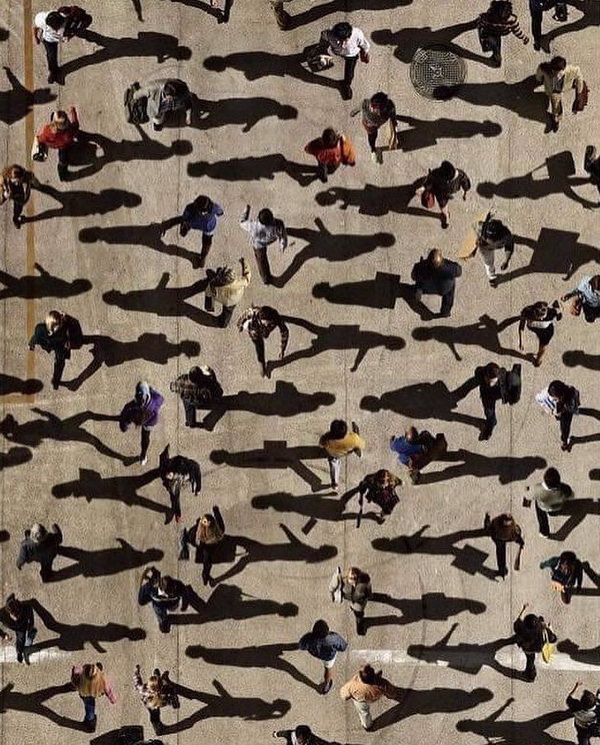
One of the most immediate dangers of being a smartphone zombie is physical collision. People distracted by their phones often walk into street signs, benches, poles, or other pedestrians. Others step into traffic without noticing, misjudge distances, or trip over stairs and curbs.
Hospitals in many cities report an increase in injuries related to distracted walking. Broken bones, head injuries, cuts and bruises — all caused simply because someone couldn’t look up from their screen for a few seconds.
And it’s not just about falling. Walking without attention can get you hit by a car or a bicycle. At intersections, even a short distraction can be deadly. Cities worldwide are starting to take notice, with some installing traffic signals in sidewalks — just so smombies looking down might see them.
Hunched spine and neck pain

If you often find yourself hunched over your phone for long periods, you’ve probably felt it: that dull ache in your neck or spine. Doctors now talk about "text neck" — a condition where bending your head down too much puts serious pressure on your spine.
Our heads aren’t meant to be tilted forward for hours. That added strain travels down to the shoulders and upper back. Over time, it can cause muscle imbalances, nerve pain, and chronic stiffness. And it’s not just the neck — wrists, thumbs, and elbows are also at risk due to the repetitive motion of scrolling and typing.
It might seem like a small issue, but the long-term impact on your posture and comfort is real.
Tired eyes and headache
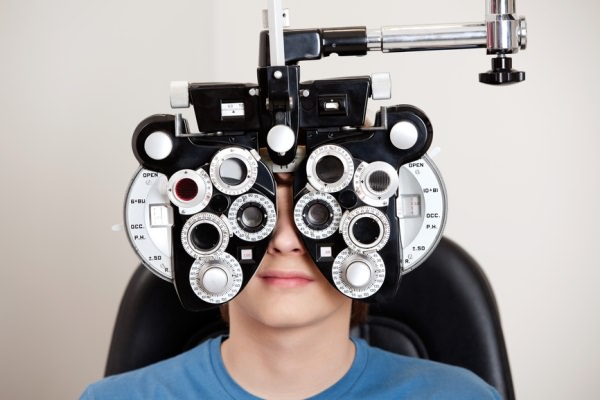
Staring at screens for hours affects more than your posture. Many people experience digital eye strain: blurry vision, dry eyes, and headaches from focusing too long on bright displays.
The problem is worse in low-light environments or when blinking becomes less frequent — both common habits while scrolling in bed or while walking outdoors. Some even experience light sensitivity or tension headaches that can linger long after the phone is put away.
Add poor sleep to the mix, especially from using your phone late at night, and you’ve got a recipe for constant fatigue and mental fog.
Overloaded mind and unstable mood

Smartphone addiction doesn’t just affect the body — it changes the way we think and feel. The more time we spend on screens, the more likely we are to feel anxious, restless, or low on energy. Some people start to rely on their phones not just for entertainment but for emotional support, constantly checking for messages, likes, or new content.
This kind of behavior slowly replaces real social interaction. Even when we’re with others, we’re often not truly present. Over time, that disconnection can lead to feelings of loneliness and depression — even though we’re always “connected.”
In more serious cases, especially among younger users, constant exposure to social media and digital pressure can lead to emotional instability, irritability, and even hallucinations or suicidal thoughts. It’s a powerful reminder that mental health needs real, offline attention.
Not just harmful and sometimes deadly
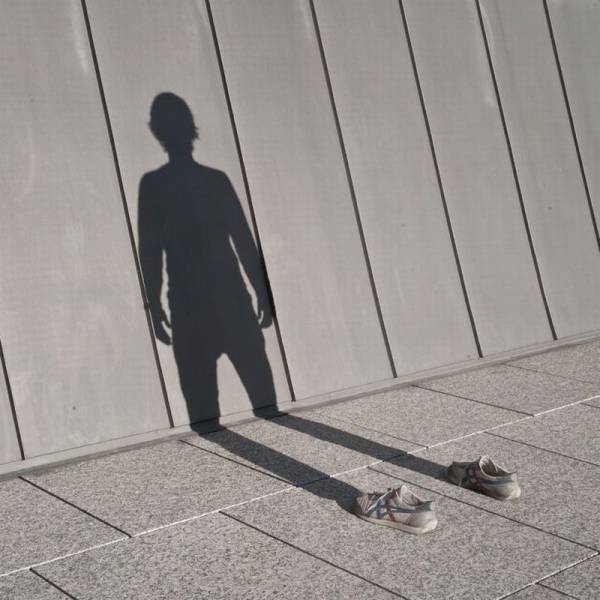
Distracted walking has gone beyond scraped knees and twisted ankles. Around the world, deaths caused by people looking at their phones while crossing streets or walking near transit tracks are becoming more common.
When you're focused on a screen, your reaction time slows. You don’t see or hear what’s around you. This can turn a simple walk across the street into a fatal mistake. And unlike driving under the influence — which is widely recognized as dangerous — distracted walking is often treated as a joke, despite being deadly.
As a result, the delayed reactions and narrowed field of vision experienced by smombies dramatically increase the likelihood of fatal collisions.
Impact on the whole lifestyle
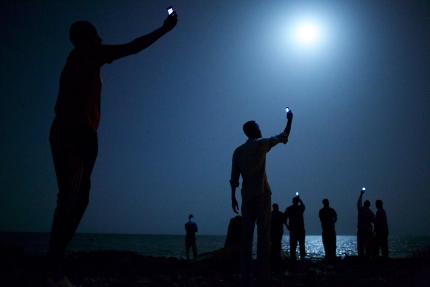
Sleep problems are one of the most common side effects of smartphone overuse. Blue light from screens tells your brain to stay awake, even when your body is exhausted. People often stay up late, scrolling endlessly, unable to stop even when they want to rest.
This leads to lack of sleep, poor focus during the day, and trouble with memory and decision-making. Combined with a lack of physical activity — because being glued to your phone often means sitting or walking slowly — the result is contributing to weight gain, poor cardiovascular health, and diminished physical fitness.
Creativity, concentration, and even empathy can suffer. Our brains crave variety, real-life interaction, and rest. But constant smartphone use limits all this.
Look up before it's too late

Becoming a smombie isn’t about how often you use your smartphone — it’s about when and how. There’s nothing wrong with checking messages or watching videos. But when you’re walking, crossing streets, or spending time with others, being glued to your screen can hurt more than you think.
Understanding the above hidden dangers of being a smartphone zombie and being aware of their consequences is the first step to good habits, to a healthy lifestyle.
By becoming more aware of our surroundings and creating boundaries around screen time, we can reclaim control over our lives and reduce the unintended harm caused by digital distraction.
The solution isn’t to ditch your smartphone. It’s to be more mindful. Look around. Notice where you are. Give your body, your eyes, and your mind a break.
Put simply — look up. The world is still out there, and it’s worth seeing.